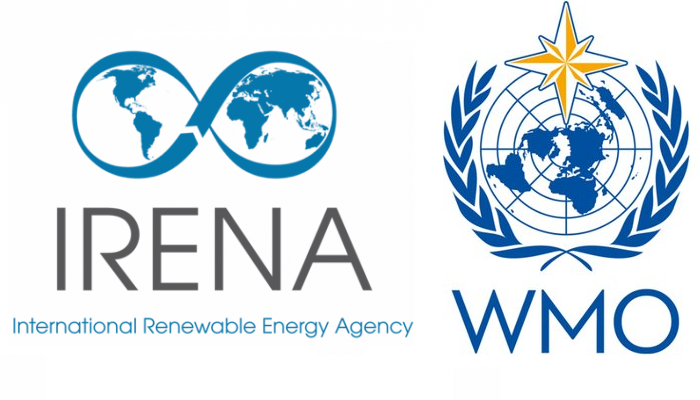Through specialised weather, water, and climate services, the International Renewable Energy Agency (IRENA) and the World Meteorological Organization (WMO) will collaborate to facilitate the transition to renewable energy.
The collaboration is formalised by a Memorandum of Understanding that IRENA Director-General Francesco La Camera and WMO Secretary-General Prof. Petteri Taalas inked at the UN Climate Conference COP27 in Sharm el-Sheikh. Both parties committed to enhancing energy access and climate sustainability by utilising climate and meteorological data, products, and services in order to achieve their shared goal of an equitable transition that is in line with the Sustainable Development Goals and the Paris Agreement.
The resilience of energy systems will inevitably become even more crucial with shocks related to climate change, according to IRENA Director-General Francesco La Camera. The shift to a future powered by renewable energy must be sped up right away. The likelihood of staying on the 1.5°C path will ultimately be eliminated by anything less than radical and fast action. This tactical partnership will advance the conversation about climate change and beyond.
Prof. Petteri Taalas, Secretary-General of the World Meteorological Organization (WMO), continued that it is obvious that without a quick shift to renewable energy sources, they will not be able to reduce greenhouse gas emissions and maintain global temperature rise within the Paris Agreement targets. For renewable energy to be cost-effective, durable, inexpensive, and scalable, weather, water, and climate solutions are essential. To ensure a sustainable future, the relationship with IRENA will enable them to scale up renewable energy more quickly and further.
Practically speaking, both parties will work closely together to promote forecasting of renewable energy sources, including wind, solar, and hydropower, as well as evaluate the effects of climate change on renewable energy installations and initiatives to boost energy resilience. Customized climate and meteorological products are intended to help nations discover issues related to high renewable energy percentages. Energy security and energy independence will be ensured through early warning systems for catastrophe risk mitigation in the global energy and power sectors.
In order to assist a transition to clean energy, both parties agree to work together to promote the monitoring and tracking of greenhouse gases and emissions.





































